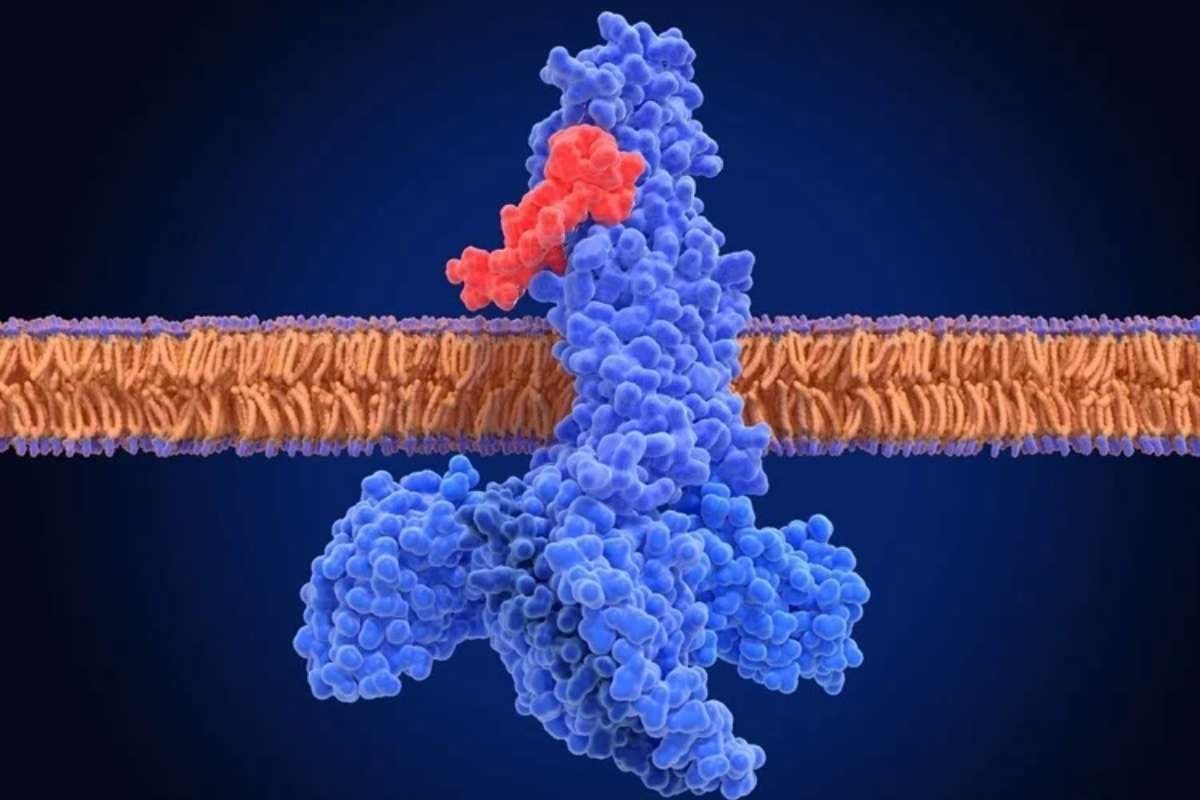Source-news-medical.net
Introduction: GLP-1 Drugs and Brain Health
A recent review published in Cell Metabolism explores the potential neuroprotective effects of Glucagon-Like Peptide-1 receptor (GLP-1R) agonists, known primarily for their role in weight management. This class of drugs, which includes semaglutide and liraglutide, may also improve brain health by enhancing neurovascular function and reducing neuroinflammation. These findings open new possibilities for using GLP-1R agonists in treating neurological conditions linked to metabolic disorders, such as Alzheimer’s disease.
GLP-1’s Role in Metabolism and Brain Function
GLP-1 is a hormone that plays a significant role in regulating glucose levels by increasing insulin production and slowing gastric emptying. This not only helps control blood sugar spikes but also has implications for brain health. GLP-1 receptors are found in both neurons and glial cells, which play key roles in maintaining the brain’s energy balance and protecting neural circuits. GLP-1R agonists, which mimic the hormone’s effects, have gained attention for their effectiveness in managing obesity, a condition closely linked to chronic inflammation and neurodegeneration.
Chronic inflammation, a hallmark of obesity, has detrimental effects on brain function and contributes to cognitive decline. This has sparked interest in whether GLP-1R agonists can help combat these inflammatory processes. Preclinical studies suggest that GLP-1R agonism may reverse harmful brain inflammation by regulating immune responses in the brain, thereby offering potential protection against neurodegenerative diseases like Alzheimer’s.
Neuroprotective Effects of GLP-1R Agonists
Beyond their metabolic benefits, GLP-1R agonists exhibit neuroprotective properties, particularly in reducing neuroinflammation. These drugs have been shown to suppress the activation of microglia—immune cells in the brain responsible for triggering inflammation. By shifting microglia from a pro-inflammatory to an anti-inflammatory state, GLP-1R agonists help protect neurons from damage. Additionally, these drugs may improve brain insulin sensitivity, reduce oxidative stress, and enhance neuronal survival.
Researchers have also identified a link between GLP-1R agonists and the neurovascular unit (NVU), a critical system that regulates blood flow, nutrient supply, and waste removal in the brain. By improving neurovascular coupling, GLP-1R agonists may help counteract the brain dysfunction caused by obesity and other metabolic conditions. This has led to speculation about the potential of these drugs in slowing the progression of neurodegenerative diseases, providing new hope for those affected by Alzheimer’s and other cognitive disorders.
Implications for Neurodegenerative Disease Treatment
The promising neuroprotective effects of GLP-1R agonists are fueling interest in their use for treating neurodegenerative diseases. Studies suggest that these drugs can reduce the accumulation of amyloid plaques, a key factor in Alzheimer’s disease, while promoting the health of brain endothelial cells responsible for maintaining vascular integrity. This could enhance cognitive function in individuals with metabolic disorders or those at risk of neurodegeneration.
In conclusion, the growing understanding of the link between metabolic and brain health is driving interest in repurposing GLP-1R agonists for neurological conditions. By reducing inflammation, protecting neurons, and improving the neurovascular system, GLP-1R agonists may offer a new therapeutic avenue for neurodegenerative diseases. As research progresses, these drugs could play a pivotal role in managing both metabolic and neurological health.







